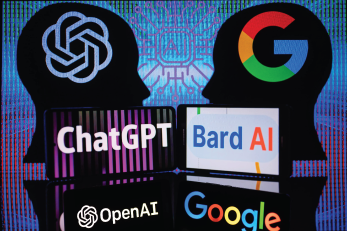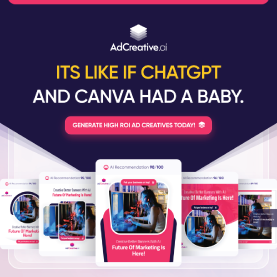In a live demo that left audiences awestruck, Dohmke showcased how AI is breaking down barriers to coding, making it accessible to anyone with an idea. With voice-activated AI assistance, creating software is no longer limited by technical skills—it’s as simple (and joyful) as building with LEGO.
The Vision: Lowering Barriers to Entry
For years, coding has required a steep learning curve. Mastery of syntax, debugging skills, and deep knowledge of frameworks have been prerequisites. But now, AI is changing the game by:
- Simplifying Complexity: Translate spoken ideas into executable code in any programming language.
- Democratizing Access: Empowering non-programmers to bring their software visions to life.
- Accelerating Development: Allowing experienced developers to focus on creativity and problem-solving instead of mundane tasks.
Copilot Workspace: Coding with Your Voice
GitHub’s Copilot Workspace is more than just a tool; it’s a paradigm shift in software development. Here’s what makes it revolutionary:
- Voice-to-Code Translation: Speak your requirements, and Copilot Workspace generates accurate, context-aware code. For instance:”Create a React component for a login form with email and password fields.”The AI instantly produces the corresponding code, complete with validation and styling hooks.
- Multi-Language Proficiency: Whether you’re working in Python, JavaScript, or Rust, the AI understands and executes your commands seamlessly.
- Real-Time Feedback: As you talk, the AI suggests optimizations, asks clarifying questions, and ensures your code aligns with best practices.
Coding Meets Creativity: A Joyful Experience
Dohmke likened coding with AI to building LEGO creations—a playful and iterative process where the possibilities are endless. The AI handles the heavy lifting, freeing users to:
- Experiment Freely: Test out ideas without worrying about syntax errors.
- Iterate Rapidly: Modify features with simple voice commands.
- Collaborate Effectively: Non-technical team members can contribute directly to software development.
The Implications: Coding for Everyone
The introduction of voice-activated coding tools has profound implications for the industry:
- Expanding the Talent Pool: People with no programming background can now participate in creating software.
- Boosting Productivity: Developers can offload repetitive tasks and focus on strategic challenges.
- Inspiring Innovation: Lowering the barrier to entry fosters a surge in creative and diverse software solutions.
The Future: What’s Next for AI in Coding?
While Copilot Workspace is a monumental step forward, it’s only the beginning. Here are some possibilities on the horizon:
- Enhanced Collaboration: Voice-controlled coding paired with AI-powered project management tools.
- Natural Language Debugging: Describe bugs in plain English, and AI provides fixes in real time.
- Hyper-Personalized Learning: AI mentors for aspiring developers, offering step-by-step guidance tailored to individual learning styles.
Conclusion: Embracing the Joy of Creation
GitHub’s Copilot Workspace represents a fundamental shift in how we approach software development. By making coding as intuitive and enjoyable as building LEGO, AI is opening the doors to a new era of innovation.
Whether you’re a seasoned developer or someone who’s never written a line of code, the message is clear: the future of coding is here, and it’s more accessible than ever. With tools like Copilot Workspace, the only limit is your imagination.


